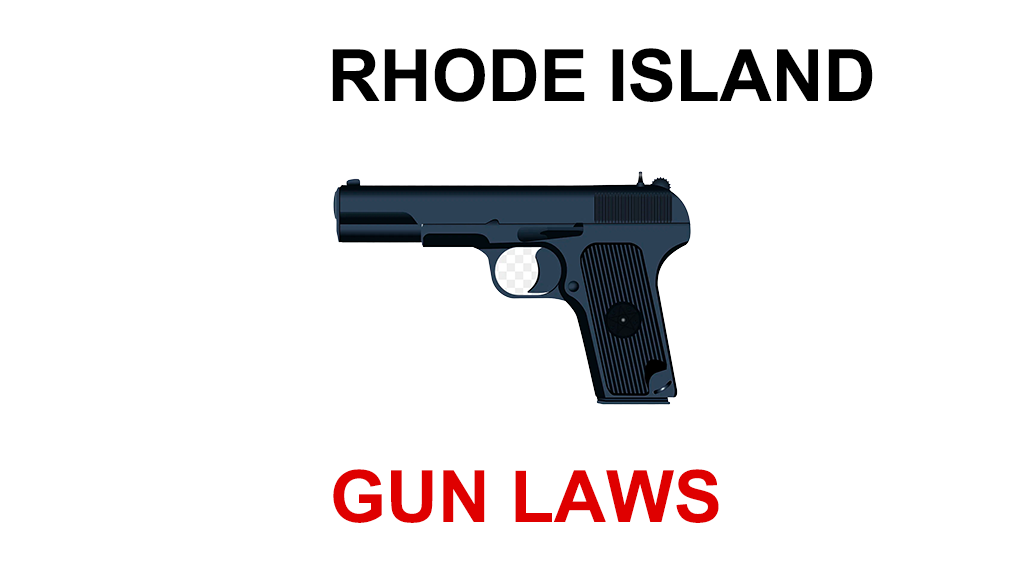
Image Credit: MateMedia
By Saul Roth
Here’s an overview of gun laws in the state of Rhode Island. Please note that laws can change over time, so it’s always a good idea to consult the most current and official sources or legal professionals for the most up-to-date information.
Permits and Licensing:
1. Rhode Island requires a license to purchase and possess firearms, including rifles, shotguns, and handguns. The license is commonly known as a “Blue Card.”
2. To obtain a Blue Card, applicants must complete an application, undergo a background check, and meet certain eligibility criteria, including being at least 18 years old for long guns and 21 years old for handguns.
Firearm Purchase and Transfers:
1. All firearm sales, including private sales and transfers, require a background check conducted by a licensed firearms dealer or the Rhode Island State Police.
Assault Weapons and High-Capacity Magazines:
1. Rhode Island prohibits the sale, possession, or transfer of assault weapons, as defined by state law. The definition includes specific models and features.
2. The state also restricts the sale and possession of high-capacity magazines, limiting them to those lawfully possessed before September 13, 2004.
Safe Storage and Reporting:
1. Rhode Island does not have specific laws mandating safe storage of firearms. However, it’s advisable to store firearms in a safe and secure manner to prevent unauthorized access.
2. There is no specific requirement to report the loss or theft of a firearm in Rhode Island, but it is recommended to report such incidents to local law enforcement.
Carrying Firearms:
1. Rhode Island is a “may-issue” state for concealed carry permits. Local authorities have discretion in issuing concealed carry permits, and applicants must demonstrate a justifiable need to carry a concealed firearm.
2. Open carry of firearms is generally prohibited in Rhode Island. However, individuals with a valid concealed carry permit are allowed to carry concealed firearms in public.
Stand Your Ground Law:
1. Rhode Island has a self-defense law that allows individuals to use force, including deadly force, if they reasonably believe it is necessary to protect themselves or others from imminent harm or the commission of a violent crime. There is no duty to retreat in such circumstances.
It’s important to consult the official Rhode Island General Laws or seek legal advice to obtain comprehensive and up-to-date information on the specific provisions and requirements of Rhode Island’s gun laws.

Recent Comments